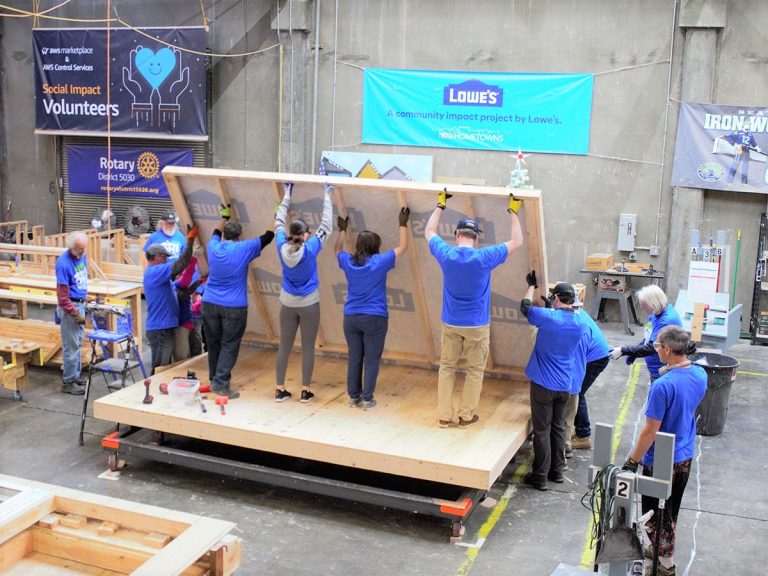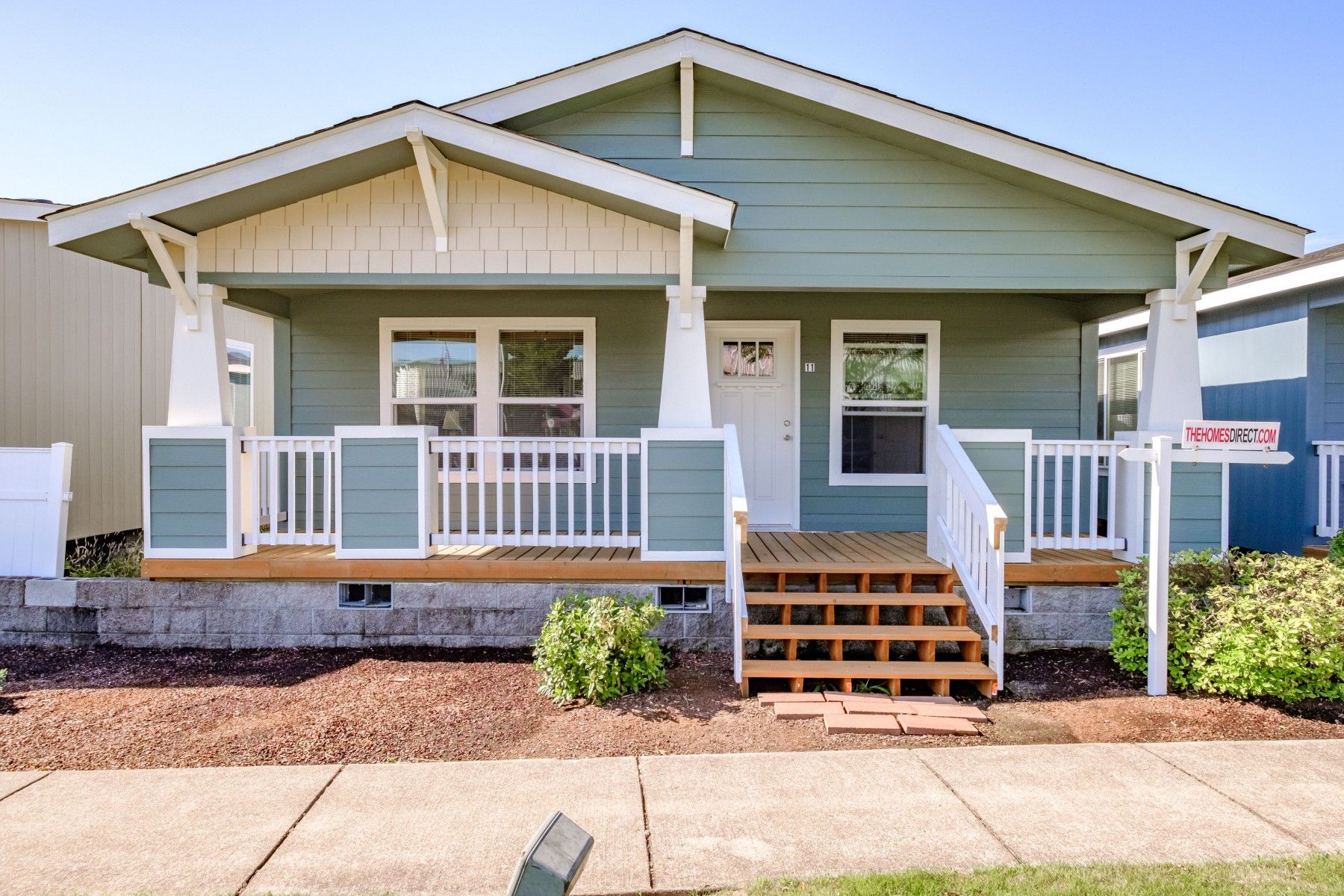Every city in the US has a homeless problem but when a city the size of Seattle, Oregon has a solution to part of the city’s problem locked up behind a chain link fence and appears reluctant to use it, you just have to wonder how many other cities are doing similar things.
The King County Regional Homelessness Authority (KCRHA) – the agency tasked with coordinating homeless services in Seattle and the surrounding area – has been criticized for not moving quicker to deploy tiny homes.

“At the end of the day, clearly, we need more tiny homes. This is clearly the policy intervention that we can move the fastest, that has the most utility, and the most reasonable price point,” Seattle city councilmember Andrew Lewis said at a meeting earlier this year.
The modular buildings are built by the nonprofit Sound Foundations Northwest, which delivered two more tiny homes to the lot in SODO on Thursday.

Around 100 of the tiny homes in the lot are set to go to four new tiny home villages operated by the Low-Income Housing Institute (LIHI) by the end of the year, but that will still leave more than 100 in the storage lot. Sound Foundations Northwest founder Barb Oliver told KOMO News the agency is ready and able to build even more.

KCRHA has claimed finding sites to put tiny home villages is the reason for not being able to deploy more but that is questionable after watching this video.
Leadership from the Church by the Side of the Road in Tukwila decided last year they wanted to host a tiny home village on their property.
“That’s the business the church is in, serving humanity, so we’re here. We still have the space to do 30 to 50 tiny homes and as you can see, the space is vacant,” said Pastor Terrance Proctor. “Part of me wants to be understanding, but the more I understand the more frustrating it is because it doesn’t have to be this bottleneck.”
Proctor added the church has been told multiple times that the tiny home village will be moved in soon, only for it to fall through.
“It’s frustrating in a personal sense because I’ve helped build about 12 of those tiny homes. I think we can move a little more efficiently when getting it done matters more than who gets the credit for it,” he said.
CLICK HERE to read the entire KOMO News article



